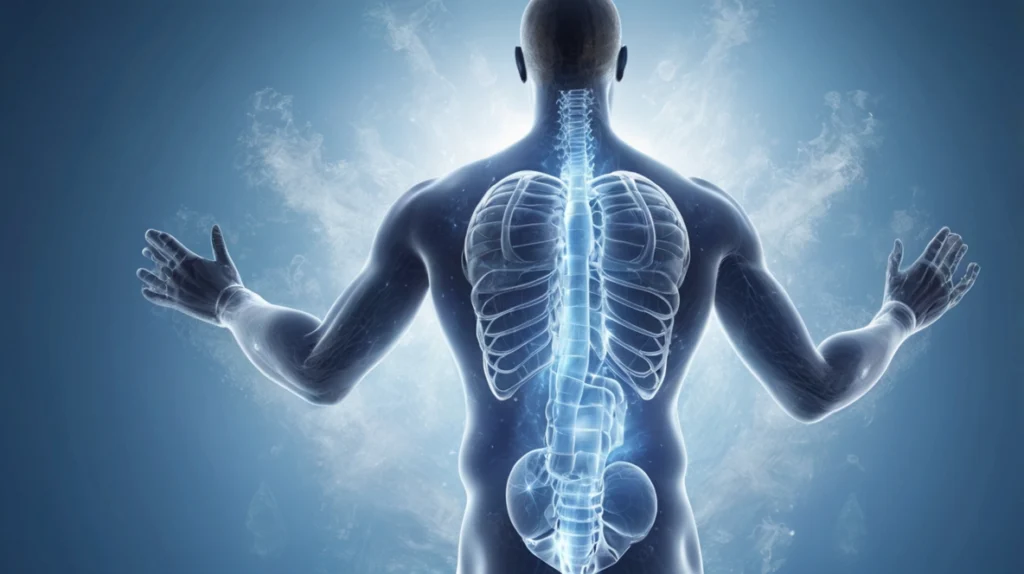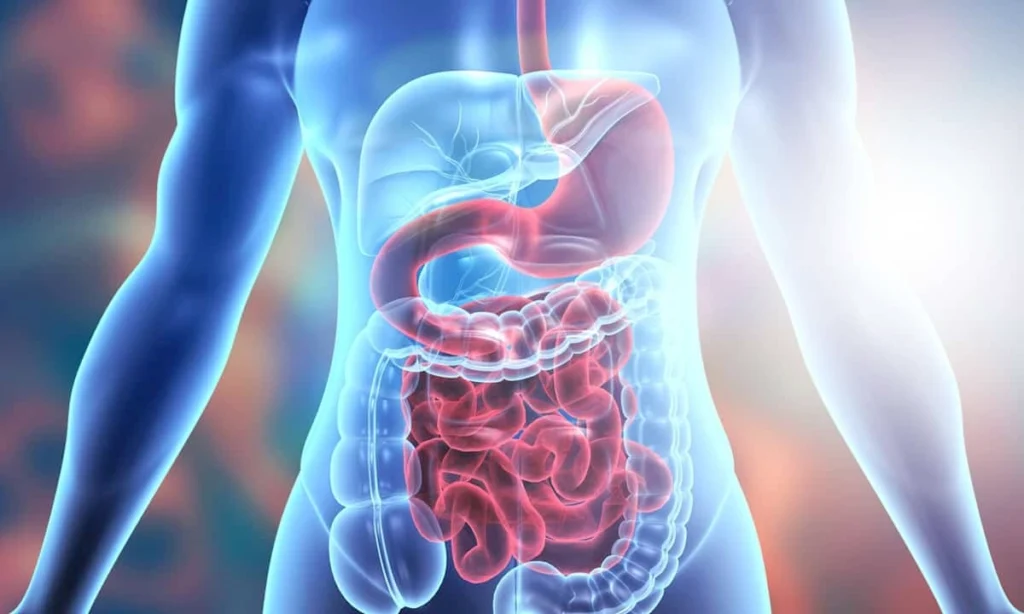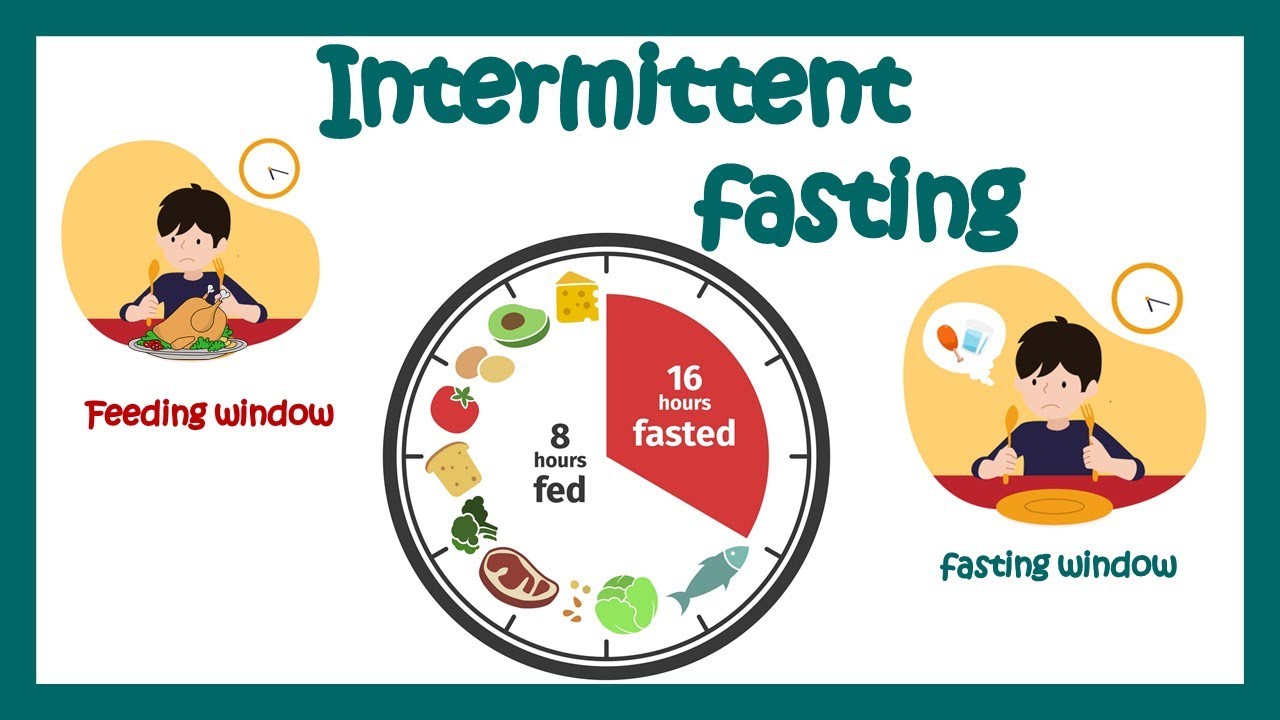1. Introduction
Have you ever wondered why so many people are talking about intermittent fasting these days? You might have heard about it on YouTube, seen it on social media, or even heard a friend say they’re “on a fasting schedule.” But what exactly is it, and why is it becoming so popular?
Intermittent fasting, often called IF, is not a diet in the traditional sense. You don’t have to count calories, avoid carbs, or eat only salads. Instead, it’s a simple pattern of eating and fasting. That means you eat your meals during specific hours of the day and fast during the remaining hours.
One of the most popular approaches is the 16:8 method, where a person fasts for 16 hours and eats within an 8-hour window—usually from around 12 PM to 8 PM. Another commonly followed method is the 5:2 plan, where individuals eat normally for five days of the week and significantly reduce their calorie intake on the remaining two days.
So, what’s the big deal about it?
The main reason this kind of fasting is so popular is because it offers many health benefits beyond just weight loss. It helps people feel more energetic, improves focus, supports digestion, and may even help prevent some health problems.
In this blog post, we’ll explore 11 surprising ways intermittent fasting can actually help improve your health—some of which you may not have expected.
2. The 11 Surprising Ways
1. Boosts Your Metabolism

When you fast for a few hours, your body starts managing energy differently. Intermittent fasting helps lower insulin levels and increases the release of hormones like norepinephrine, which helps your body burn fat more effectively. This improves your metabolism, meaning your body becomes better at using food for energy instead of storing it as fat.
2. Helps Burn Fat Without Losing Muscle.

Many people worry about losing muscle while trying to lose weight. The good news is intermittent fasting encourages fat burning while protecting muscle mass. During the fasting phase, your body uses stored fat as fuel. As long as you’re eating enough protein and staying active, your muscles stay safe.
3. Improves Mental Focus and Clarity.

One surprising benefit of intermittent fasting is to have better brain performance. When you fast, your brain produces more Brain-Derived Neurotrophic Factor, a protein that helps with learning, memory, and focus. Many people say they think more clearly and feel mentally sharp while fasting.
4. Supports a Healthy Heart.

Intermittent fasting can help lower blood pressure, bad cholesterol (LDL), and triglyceride levels. All of these are risk factors for heart disease. Fasting also reduces inflammation in the body, which helps your heart stay strong and healthy.
5. Cleans Your Body from the Inside (Autophagy).

During longer fasting periods, your body starts a natural cleaning process called autophagy. This means your body breaks down and removes old, damaged cells. Intermittent fasting encourages this process, which helps you feel healthier and may even slow aging.
6. May Reduce the Risk of Serious Illnesses.
various researches suggests that intermittent fasting can help in lower the risk of diseases like type 2 diabetes, Alzheimer and even some types of cancer. Intermittent fasting does this by improving how your body handles sugar and reducing harmful inflammation.
7. Could Help You Live Longer.

Animal studies show that eating less often can extend lifespan. While more human studies are needed, many scientists believe the same might apply to people. That’s because fasting reduces stress on the body and keeps your cells healthier for longer.
8. Can Improve Your Sleep.

Eating late night can cause bloating and poor digestion, which affects sleep. With intermittent fasting, your eating window usually ends a few hours before bedtime. This helps your body rest better and improves sleep quality.
9. Supports Better Digestion.

Taking a break from eating through intermittent fasting gives your digestive system time to heel and helping your body feel refreshed and work better.Many people notice that when they stop eating throughout the entire day, they experiences less bloating, smoother digestion, and more regular bowel movements.
10. Simplifies Your Day.

You don’t have to think about food all day. With intermittent fasting, you only eat during set hours, so you’re not constantly planning or preparing meals. This not only cuts down on cooking and cleaning but also saves time, lowers stress, and makes your daily routine simpler and more flexible.
11. Helps You Build a Healthier Relationship with Food.

Intermittent fasting teaches you the difference between real hunger and emotional cravings. When you eat less often, you become more mindful of what and when you eat. This helps reduce mindless snacking and encourages more balanced, thoughtful eating habits.
Want to read about top 10 superfood click here
Conclusion
As you can see, intermittent fasting offers much more than just weight loss. It can improve your mind, body, and overall lifestyle. Whether you’re looking to get healthier, feel better, or simplify your routine, intermittent fasting could be a powerful tool to try—just make sure to listen to your body and consult your doctor if you’re unsure.
Know more about Intermittent Fasting click here to read book

